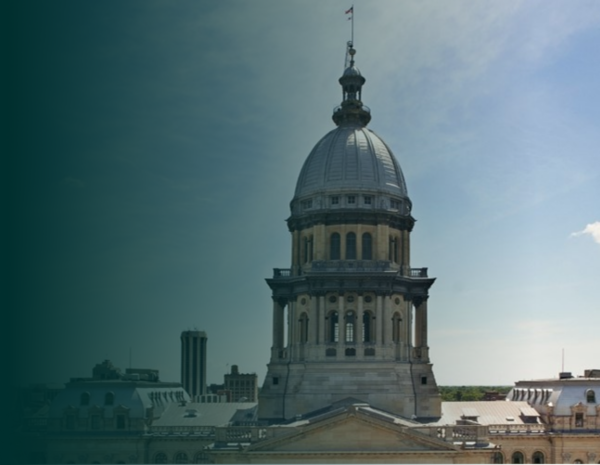Over the past two years, conservatives have attempted to control curricula and literature in public schools. Pen America has catalogued nearly 6,000 instances of book bans across 41 states. The group noted a sustained focus on banning books written for young adults. Bans targeted books about “difficult” topics, like violence or racism. Books focusing on historically marginalized identities, mainly people of color and LGBTQ+ individuals, were also targeted. It’s clear that discussion of race and gender in schools has become a target for some lawmakers and advocates. Despite this, book bans have been met with significant consternation by many Americans. The American Library Association (ALA) recently found that a significant majority of voters and parent oppose efforts to remove books from school libraries.
Since 2021, opponents of book bans have fought them at the state and local levels. Recently, opponents of book bans have shifted into the offensive as legislators in many states have filed “Freedom to Read” bills. Across jurisdictions, specific “Freedom to Read” bills vary in scope. Overall, they aim to protect access to materials that may be challenged due to partisan or doctrinal disapproval.
Illinois HB 2789
Illinois was the first state to pass such a law when Governor Pritzker signed HB 2789 in June 2023. HB 2789 requires the State Library officials to adopt the ALA’s Library Bill of Rights across Illinois. Generally, the Library Bill of Rights protects access to challenged literature. Under HB 2789, any Illinois library’s refusal to adopt these policies could result in a loss of state funding.
States That Have Introduced or Passed “Freedom to Read” Legislation
Our research team used Plural’s advanced search capabilities to analyze the issue. We found that legislators in 12 states and Congress introduced 19 “Freedom to Read” bills. See the full list here. While Illinois is the only state to have passed this legislation into law, Maryland HB 785 appears close to becoming law.
At Plural, we use our AI-powered tools to identify legislative trends before they become national news. It can be fascinating to watch these trends develop and see how they motivate new legislative activity. In the case of book banning, increased efforts to challenge books garnered significant attention. This seems to have bolstered the “Freedom to Read” movement. We will continue to monitor these competing trends, and you can too using Plural.






